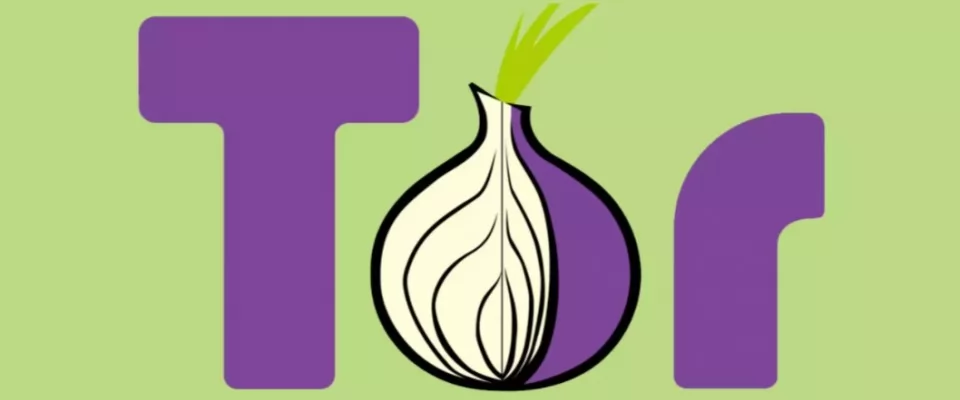Enhancing privacy and anonymity with a .onion domain
The dark web, a hidden network accessed through the Tor browser, offers enhanced privacy and anonymity for websites. To establish a presence on the dark web, you can create a .onion domain for your website. A .onion domain is an address that can only be accessed through the Tor network. In this article, we will guide you through the process of creating a .onion domain for your website.
Step 1: Understand the Basics
Before diving into the technical steps, it's crucial to understand that a .onion domain is specifically designed for the Tor network. Unlike traditional domains like .com or .org, .onion domains can only be accessed through the Tor browser. They provide anonymity by routing internet traffic through multiple encrypted layers, making it challenging to trace the source.
Step 2: Install and Configure Tor
To create a .onion domain, you need to install and configure the Tor browser on your computer. Visit the official Tor Project website (https://www.torproject.org) and download the Tor browser compatible with your operating system. Install the browser and launch it.
Step 3: Set Up a Web Server
To host your website on the dark web, you need to set up a web server. Choose a web server software like Apache or Nginx and install it on your computer or server. Configure the server to listen on the desired port (typically port 80 for HTTP or port 443 for HTTPS) and ensure it's accessible from localhost (127.0.0.1).
Step 4: Configure the Hidden Service
In the Tor browser, navigate to the Tor configuration file named "torrc." Depending on your operating system, the file may be located in different directories. Open the "torrc" file with a text editor and add the following lines:
HiddenServiceDir /path/to/your/hidden/service HiddenServicePort 80 127.0.0.1:80
Replace /path/to/your/hidden/service with the directory path where you want to store the hidden service files.
Step 5: Start the Tor Service and Retrieve the .onion Domain
Save the changes to the "torrc" file and start the Tor service. The Tor browser will create a hidden service and generate a unique .onion domain for your website. To find the generated .onion domain, navigate to the directory specified in the "HiddenServiceDir" line. Look for a file named "hostname" within that directory. The content of the "hostname" file will be your website's .onion domain.
Step 6: Test and Maintain
With the .onion domain generated, it's time to test your website's accessibility. Open the Tor browser and enter your .onion domain in the address bar. If everything is configured correctly, your website should load within the Tor browser. Test its functionality and ensure it appears as intended.
To maintain your .onion website, regularly update your web server software, apply security patches, and follow best practices for secure website management. Consider monitoring the Tor community for any vulnerabilities or emerging security concerns related to the Tor network.
Creating a .onion domain for your website allows you to establish a presence on the dark web and leverage the privacy and anonymity features of the Tor network. Remember that .onion domains can only be accessed through the Tor browser, providing an extra layer of anonymity for your users.
While operating on the dark web, it's crucial to prioritize security and adhere to legal and ethical guidelines.

